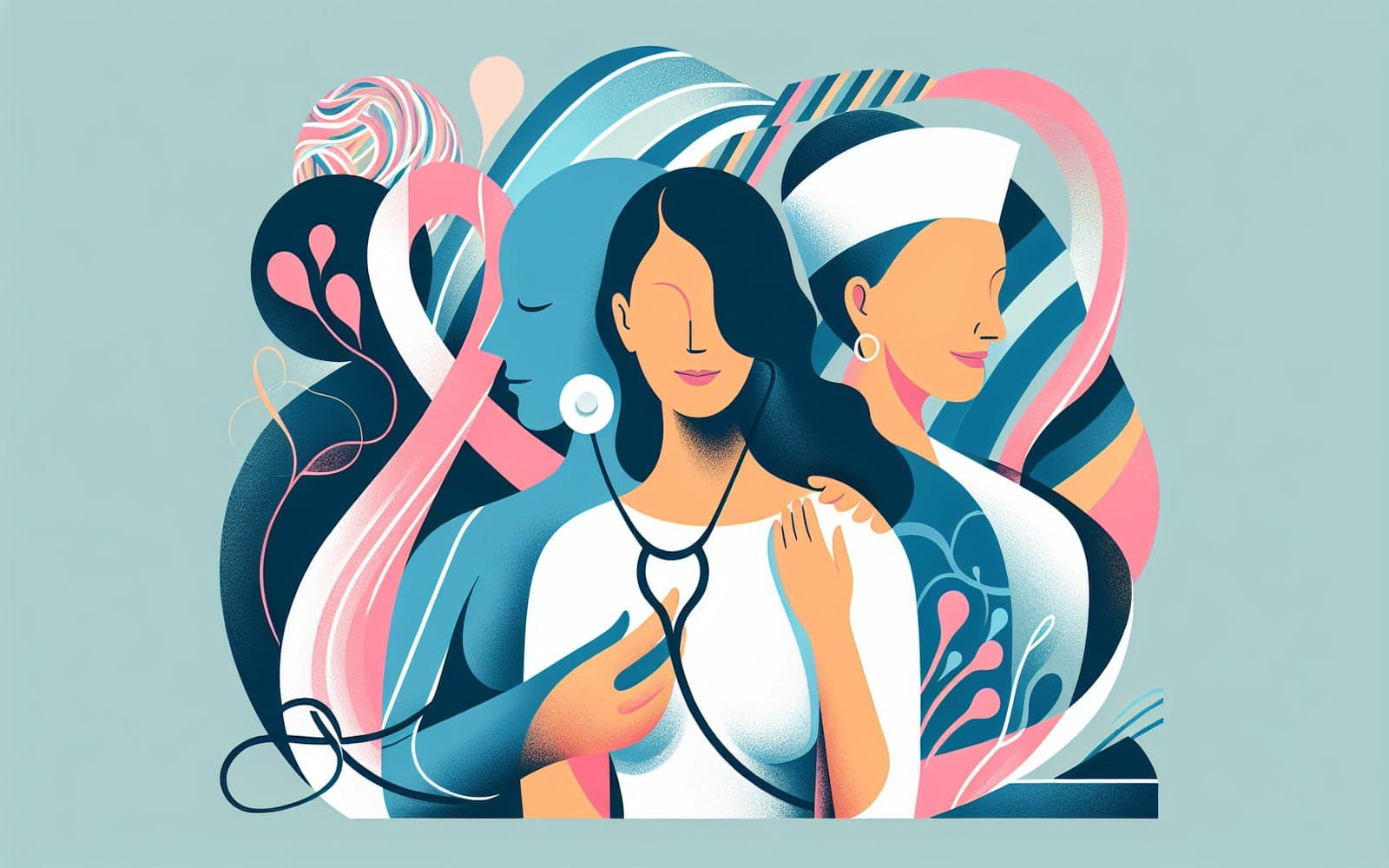Are You at Risk for Hereditary Breast and Ovarian Cancer?
Published: Nov 05, 2023

Medically reviewed by Alan Lucks | MD, Alan Lucks MDPC Private Practice - New York on November 5th, 2023.
Some people have a higher risk of getting breast and ovarian cancer due to their genes. Understanding these risks can help in taking preventive steps and choosing the right treatments.
Contents
Understanding Genetic Risks
Genes like BRCA1 and BRCA2 play a big role in hereditary breast and ovarian cancer. If there are harmful changes, called pathogenic variants, in these genes, it increases the risk of developing these cancers. While most cases of these cancers happen randomly, a significant percentage are due to these genetic variants.
Who Should Get Tested?
Individuals with a family history of breast, ovarian, prostate, or pancreatic cancer should consider genetic testing. Testing is most effective when started with a family member diagnosed with one of these cancers. Guidelines help identify who should be tested based on personal or family history.

The Role of Genetic Counseling
Genetic counseling is important before and after testing to understand the implications of the results. Counselors help interpret results and guide on the next steps, ensuring that the right decisions are made based on the genetic information received. They also discuss how these findings may affect family members.
Frequently Asked Questions
BRCA1 and BRCA2 are the most commonly linked genes.
Those with a family history of certain cancers or specific genetic traits.
It aids in understanding test results and planning next steps.
Key Takeaways
Understanding your genetic risk can be a game changer in cancer prevention and treatment.
Want to know if you should get tested? Chat with Doctronic today!Related Articles
References
Risch HA, McLaughlin JR, Cole DE, et al. Am J Hum Genet 2001; 68:700.
Couch FJ, Shimelis H, Hu C, et al. JAMA Oncol 2017; 3:1190.
This article has been reviewed for accuracy by one of the licensed medical doctors working for Doctronic. Always discuss health information with your healthcare provider.

